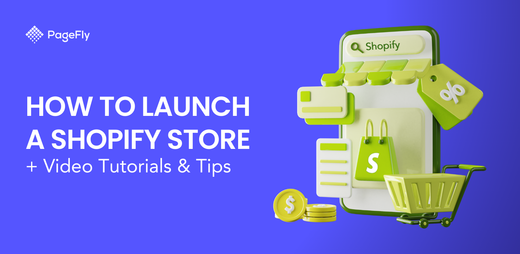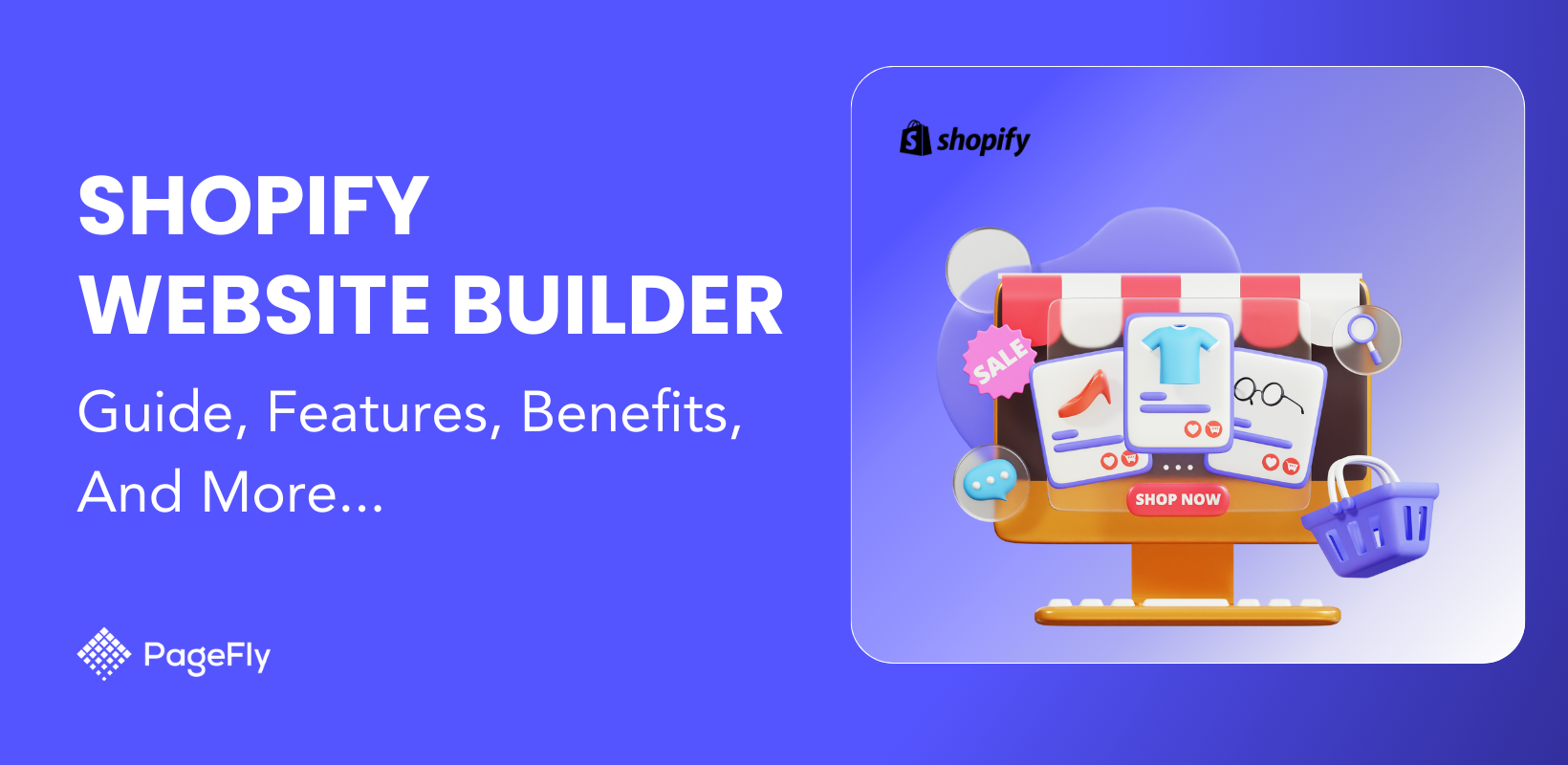Did you know that some of the common reasons why people don't complete online purchases (cart abandonment) is because of payment-related concerns? If your Shopify store also faces this challenge, then this article on Shopify payment gateways is the solution you have been looking for.
Cart abandonment rates are staggeringly high, at 70.19% (Source: Baymard Institute), and most reasons are related to payment challenges.
Some of these reasons include:
- Lack of payment transparency.
- Hidden charges.
- Lack of secure payment options.
- Little to no payment assurance.
Payment gateways help resolve customer concerns related to online transactions. They also aid in secure processing while building customer trust and meeting regulatory standards. This article explores the best Shopify payment gateways that ensure secure checkouts for eCommerce businesses. Let's dive in.
Shopify Payment Gateways: What Are They?
Shopify payment gateway is a technology that helps secure the transfer of payment information from a customer to a merchant's bank account. It acts as an intermediary between the customer's bank and the merchant's bank, ensuring that sensitive information like credit card details are transmitted securely over the Internet.
Payment gateways integrate with Shopify quite easily. Shopify itself offers a wide range of payment gateway options, including third-party providers. Don't worry; we will discuss this more in the upcoming sections.
Why Do You Need a Shopify Payment Gateway?
Remember, it is not possible to conduct online transactions without a payment gateway. It helps in securely accepting credit and debit card payments from your customers, both online and in person. Furthermore, it aids in:
- Preventing fraud with the help of advanced encryption and authentication protocols. This safeguards sensitive customer information, ensuring secure transactions.
- Building customer trust. When your shoppers feel confident that their financial information is protected, they are more likely to complete their purchases. Even better, they will improve customer loyalty and satisfaction for future transactions.
- Complying with legal and financial regulations, such as PCI-DSS. This compliance avoids legal issues and financial penalties, safeguarding your business's integrity and financial health.
Hence, it is always a good idea to choose the best Shopify payment gateway for your store.
Types of Shopify Payment Options for Gateway?
Shopify has three different payment gateway options. They are:
Hosted Payment Gateways
This type of gateway redirects customers to the payment provider's page to complete their transactions. After the payment is made, the customer is then again redirected back to the merchant's site to continue the checkout process.
Examples include:
- PayPal.
- Checkout.com.
Self-hosted Payment Gateways
In self-hosted payment gateways, merchants collect payment information directly on their site and then send this data to the third-party payment gateway for processing. The actual payment processing indeed occurs off-site.
However, this allows merchants to maintain a branded checkout experience while offloading the security and compliance responsibilities to the payment gateway.
Examples of self-hosted payment gateways include:
- Stripe.
- Authorize.Net.
Non-hosted Payment Gateways
In this payment gateway method, merchants collect and process payments entirely on their site. Larger businesses typically use this option due to the technical expertise and maintenance required. Merchants are, however, responsible for securing payment data and ensuring compliance with security standards.
Non-hosted payment gateway examples would include:
- Custom integrations with major financial institutions.
- Enterprise-level payment solutions.
What are the Shopify Supported Gateways?

Source: Shopify
Shopify supports over 100 payment gateways with a wide range of options for merchants all over the world. You can be sure to find some of the popular gateway options in this list. But more than that, these payment gateways cater to various needs. This includes credit/debit card processing, digital wallets, and even cryptocurrency payments.
The payment gateway providers will differ based on the country you are selling in, so be sure to check it beforehand to avoid any last-minute confusion.
- Shopify Payments is the most accessible payment gateway to choose from. It simplifies online payments by eliminating the need for third-party providers or separate merchant accounts. However, it is only available in 23 countries.
- Merchants can accept major credit and debit cards through various providers like JPMorgan Chase, PayPal Payflow Pro, and others.
- Shopify also supports alternative payment methods like Afterpay, Affirm, Apple Pay, Google Pay, and even cryptocurrency via providers like Crypto.com Pay and OpenNode.
The list is quite exhaustive, and you can check out the payment providers available in your country by visiting Shopify's payment gateways page.
With all these options, Shopify ensures that merchants can provide a secure and convenient checkout experience for their customers, no matter where they are in the world.
Quick read: How to Add Apple Pay to Shopify: A Step-by-Step Guide
How to Set Up Shopify Payment Integration?
Setting up Shopify Payments is straightforward. Follow these steps:
- Step 1: Log in to your Shopify admin panel.

- Step 2: Go to Settings > Payments.

- Step 3: Click on 'Complete account setup' under Shopify Payments.

- Step 4: Fill in your business and banking information.

- Step 5: Click 'Save' to activate Shopify Payments.
To add multiple payment methods, such as third-party payment gateways, here is what you need to do:
- Step 1: In the Payments section, click 'Add payment methods' under Supported payment methods.

- Step 2: Search and select the desired payment methods or providers.

- Step 3: Choose a provider from the search results and click 'Install.’

- Step 4: Enter your account credentials for the chosen provider or create a new account with the Shopify payment provider.
- Step 5: Once complete, click 'Activate' to enable the payment method.
And there you have it! You have successfully integrated and set up your payment gateways.
Shopify Payments Review: Top 7 Gateways to Explore for Maximum Security
Here, we review the top seven Shopify payment gateways that ensure maximum security for you and your customers. With years of experience as Shopify experts, we've handpicked these options after in-depth research to give you reliable and secure payment solutions.
#1 - Shopify Payments

Source: Shopify
Shopify Payments, powered by Stripe, is the default payment gateway integrated within the Shopify platform. It is automatically set up to support various payment methods, including credit and debit cards, Paypal Express, etc.
Key Features:
- The best feature of this payment gateway is that you pay zero third-party transaction fees. This is also applicable for Cash on Delivery and bank transfer orders.
- The payouts can be directly transferred to your account, which could be a Shopify Balance account, a complete checking account, or a current account in the UK and Ireland.
- Shopify Payments is built with security in mind. It securely stores customer payment info and complies with PCI standards. Plus, you can enhance security with two-step authentication (it is mandatory).
Pricing: There are no fees.
Pros:
- Seamless integration with Shopify.
- No additional transaction fees.
- Supports multiple currencies.
Cons:
- Not available in all countries.
- The pay period (Shopify Payments to the bank) can be long.
#2 - PayPal

Source: PayPal
PayPal is one of the most preferred methods for online transactions among buyers. Hence, it is essential to have this payment mode in your Shopify store to appeal to those customers. Moreover, the PayPal Express Checkout option allows you to accept payments through credit cards, bank accounts, buyer credit, and even PayPal account balances. Customers can have a swift checkout experience with this gateway.
Key Features:
- A PayPal Express Checkout account is automatically created when you create a Shopify store.
- The setup is relatively easy and can be done from the Payments section of Shopify's admin.
- With PayPal for Business, you also get business insights critical to the success of your business.
- The payment mode is applicable not only for online transactions but also offline.
Pricing: A 3.49% +fixed fee based on the country is levied.
Pros:
- Integrates easily with Shopify.
- Quick checkout option with PayPal Express Checkout reducing cart abandonment.
- No cost to create a PayPal for a business account.
Cons:
- For new sellers, the payments are held for 24-48 hours, sometimes even more.
- High fees for every sale.
- Poor customer support.
#3 - Stripe

Source: Stripe
We talked about Shopify Payments being powered by Stripe. It lets you enjoy features similar to Shopify payments, although Stripe is not offered as a separate payment gateway option. However, if your store is based in a country where Shopify Payments is active, you can try reaching out to Shopify's live support team to enable Stripe as an option for you.
Do note that this involves a manual review from the internal Shopify Payments team, which can be time-consuming.
Key Features:
- Build a fully customizable checkout experience.
- Flexible integration options with Alipay, Apple Pay, OXXO, ACH Debit, and many more.
- Stripe Radar, a machine learning model is built into the platform to assess the risk in every transaction to avoid fraud.
- Optimizes payment authorization for thousands of issuers globally with adaptive acceptance.
- For subscription-based selling, you can use Stripe Billing for recurring invoices.
Pricing: Stripe charges 2.9% plus $0.30 per transaction. An additional 1% fee is applied for international and currency conversion transactions.
Pros:
- PCI compliant.
- Strong security features against fraudulent activities.
- Supports various payment methods.
Cons:
- Transaction fees are high.
- Not all stores will be approved to have this option for payment.
#4 - Klarna

Source: Klarna
Klarna is a popular payment gateway on Shopify that offers flexible payment solutions. Customers can choose to pay later or in installments, making it easier for them to manage their finances while increasing conversion rates for merchants.
Key Features:
- Offer customers a buy now and pay later option, that is interest-free. This, in turn, helps increase sales and reduce cart abandonment due to high order value.
- Allows for immediate payments at checkout.
- Access to Klarna's marketing to promote your shop.
- Get insights into customer behavior and preferences.
- Supports direct bank transfers for quick payments.
- Klarna assumes the risk of fraud and non-payment.
Pricing: Although there are no platform fees, a $0.30 transaction fee is applied. There is also a variable fee charged between 3.29% and 5.99% of the transaction total are applicable.
Pros:
- Appealing, interest-free options for customers to complete their checkout.
- Klarna pays merchants upfront, even though customers pay Klarna over time.
- Well-known and trusted platform.
Cons:
- Klarna typically charges higher fees.
- Klarna's services are more widely available in European regions.
#5 - Authorize.Net

Source: Authorize.net
Authorize.Net is another excellent and flexible payment gateway available on Shopify. It supports various payment types, including debit cards, credit cards, and eChecks, as well as digital payments like Apple Pay and PayPal.
Key Features:
- Advanced fraud detection and secure data handling.
- Accepts credit cards, debit cards, smartphone taps, and e-checks.
- Automates recurring payments for subscriptions.
- Safely stores customer data for repeat purchases.
- Provides comprehensive reports on transactions and account history.
Pricing: A monthly gateway fee of $25 is applicable. Processing rates differ with the plan.
Pros:
- Highly reliable.
- Supports various payment methods.
- Advanced fraud detection.
Cons:
- Complex setup process.
- Higher fees for premium features.
#6 - Amazon Pay

Source: Allbirds
Amazon Pay on Shopify allows customers to use their Amazon account information to make purchases on your store, offering a familiar and trusted checkout experience. It's quick to set up and can help increase conversion rates by simplifying the overall payment process.
Key Features:
- You are using Amazon's reputation to increase trust.
- Reduces cart abandonment with familiar login and payment.
- Optimized for mobile users for a smooth experience.
- You get Amazon's fraud protection at no additional cost.
- Integrates with Alexa for voice-enabled purchases.
Pricing: Amazon fees are transaction-based. A 2.9% transaction fee and $0.30 authorization fee are applicable per transaction.
Pros:
- High level of customer trust.
- Simplified checkout process.
- Strong security measures.
Cons:
- Limited to customers with Amazon accounts.
- Higher transaction fees.
#7 - Google Pay

Source: CNBC
Google Pay is another popular Shopify payment gateway that is both fast and secure. It simplifies the checkout process, especially on mobile devices, by allowing users to pay with any bank account associated with their Google account. Plus, they have the QR Code payment feature where customers scan to make a payment, making the whole process smoother.
Key Features:
- Speeds up the checkout process, especially on mobile.
- Uses tokenization to keep card details secure.
- Accepted by millions of users and stores globally.
- Simple to set up on your Shopify store.
Pricing: There are no fees, including transaction fees associated with Google Pay.
Pros:
- Tracks the payment for you.
- Built-in safety measures to avoid privacy breaches or fraud.
Cons:
- Not all transactions made via Google Pay will be instantly credited to your account.
- Although many stores use it, the usage is limited to a few countries such as New Zealand, Canada, and Ireland (Source: Statista).
Key Takeaway
Choosing the right Shopify payment gateway is crucial for ensuring secure checkouts and enhancing customer trust in your eCommerce store.
Shopify offers a variety of payment gateways, each with its own set of features, benefits, and security measures. These are our top 7 picks. Be sure to evaluate all options before making a choice. Consider your customer base and region while choosing a payment gateway and eliminate cart abandonment issues due to payment challenges. Good luck!
Read more: 12 Unique Ways to Customize Your Shopify Checkout [2024 Edition]








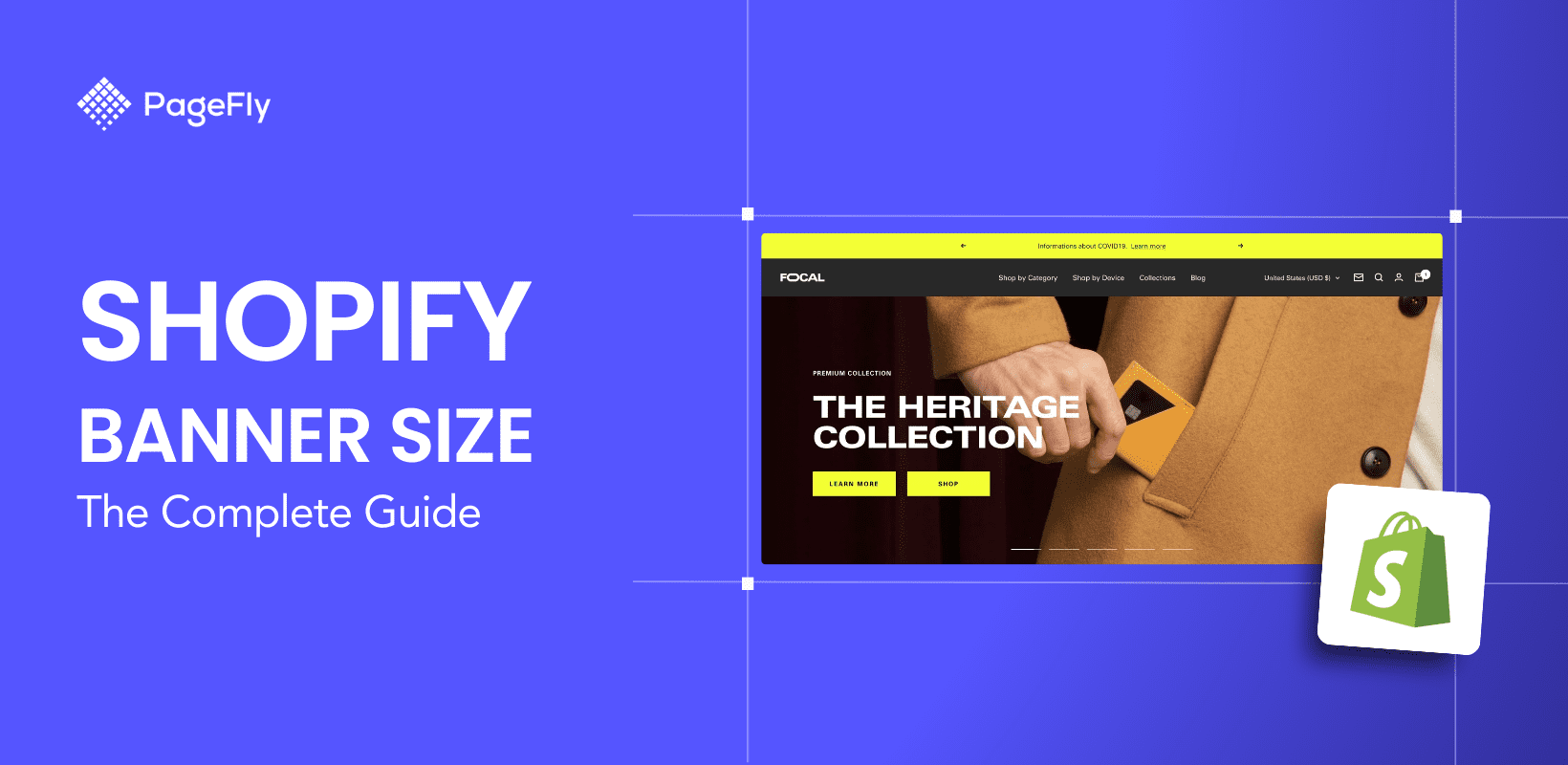

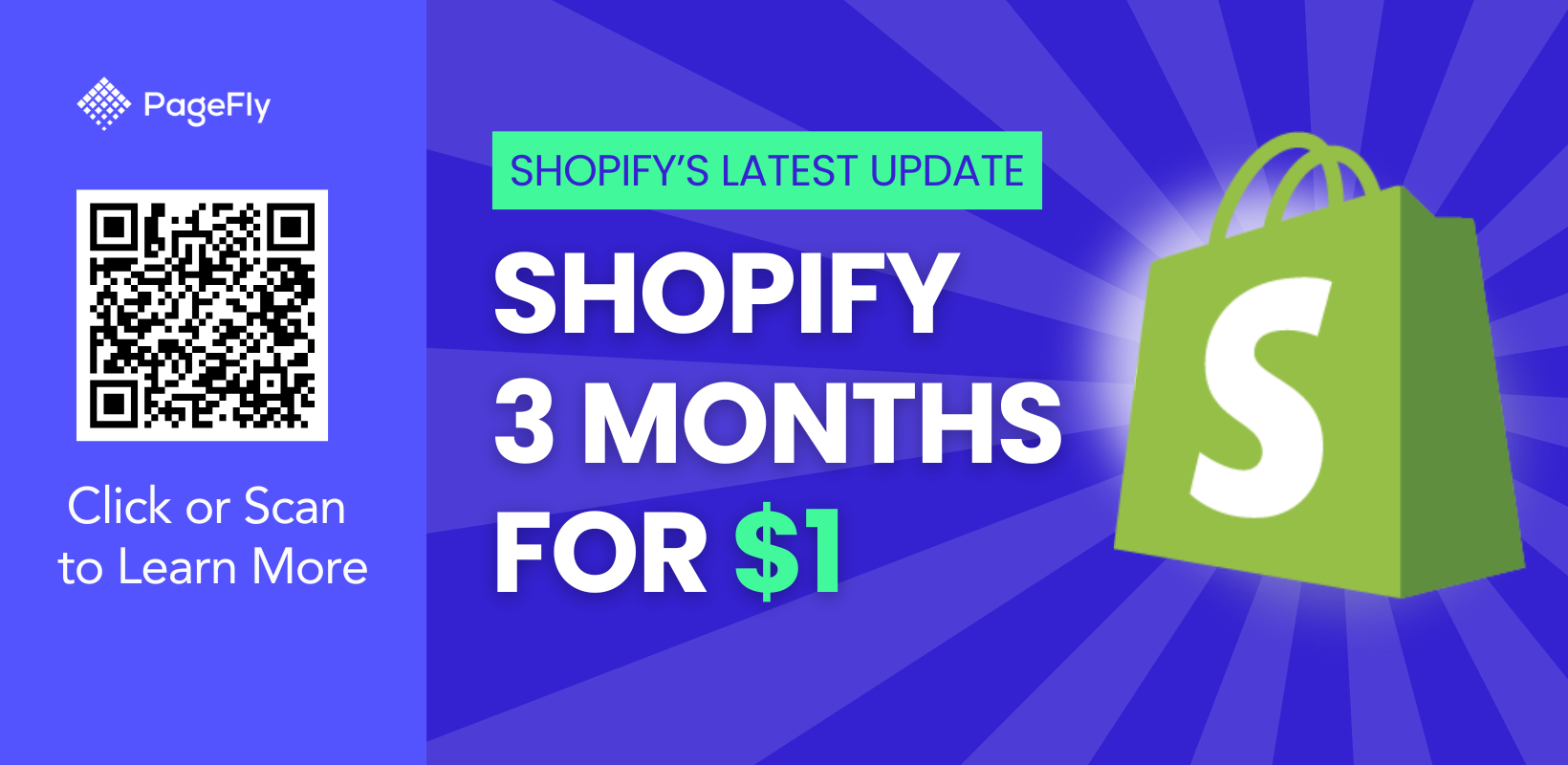
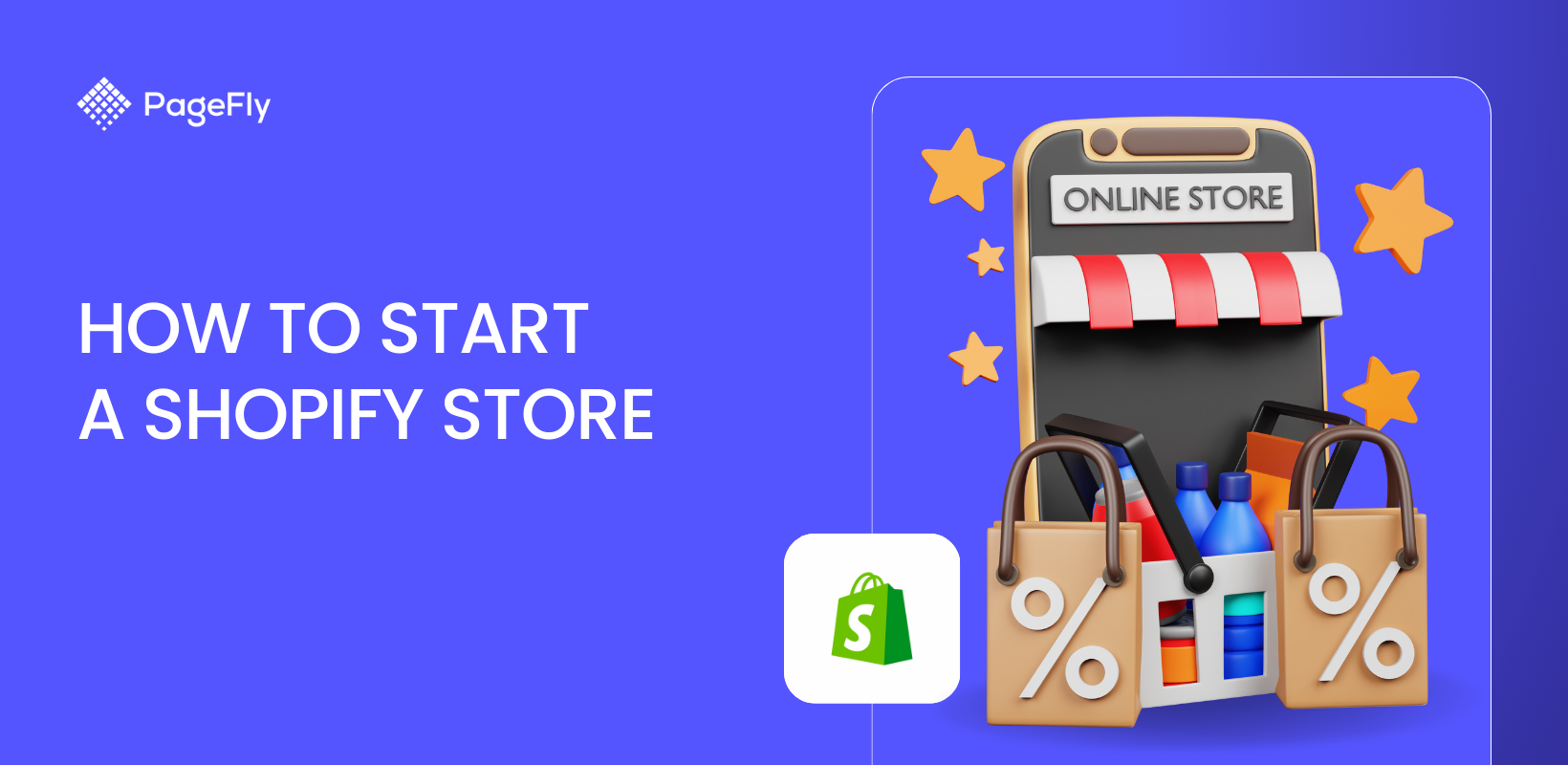
![27 Best Shopify General Stores + Complete Strategy Guide [2025]](http://pagefly.io/cdn/shop/articles/Best_Shopify_General_Stores_2f9d09f2-7c38-4da9-a495-e9f4898ddd68.jpg?v=1757271936&width=1640)
